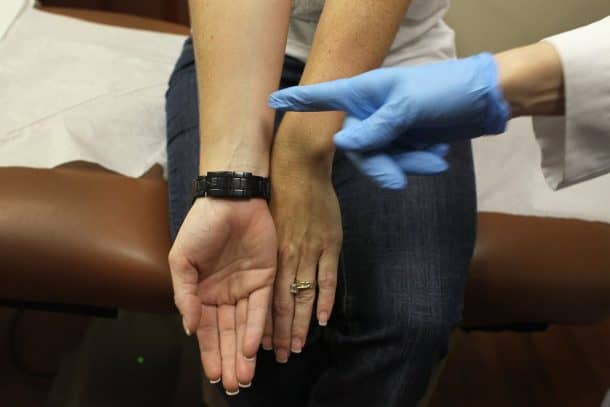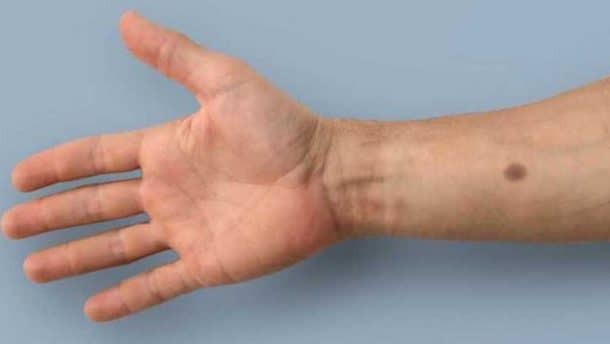It is a well-known fact that the earlier the cancer is detected, the better the chances are for the patient. However, cancer does a very good job of hiding its presence until its too late. Researchers at ETH Zurich have developed an early warning system for four common types of cancer. An implant watches out for elevated calcium levels in the blood and presents a warning in the form of an artificial mole.
The early detection of cancer does not only improve survival rates but can reduce the intensity of treatments and cut down the cost exponentially. This is why scientists are eager to develop a system to get one step ahead of cancer and detect it before it is too late.

One such idea is the early warning system from ETH Zurich. It is still a prototype and is one of the most unique ideas so far. It is made up of a genetic network integrated into human cells, encased in an implantable device. This is inserted under the skin and constantly checks the calcium levels in a person’s blood. High calcium levels are an early indicator of prostate, lung, colon, and breast cancer.
When the elevated calcium levels are detected for a prolonged period of time, the cells begin to produce extra melanin. This darkening pigment creates a very visible sign at the location of the implant and the person does not have to wait to feel sick in order to know something is wrong and can get a timely check-up.

“Early detection increases the chance of survival significantly,” says Martin Fussenegger, an author of the study. “Nowadays, people generally go to the doctor only when the tumor begins to cause problems. Unfortunately, by that point, it is often too late.”
The device has been tested in mice and samples of pig-skin so far. It has responded well to high calcium concentrations. One drawback is that the cells used in the device are living ones and they generally last for around a year. This means that the implant will have to be replaced every year.
The team is hopeful that further research will allow them to tweak the early detection system to monitor other biomarkers besides calcium as well. This will definitely go a long way in detecting diseases and will save many lives.


